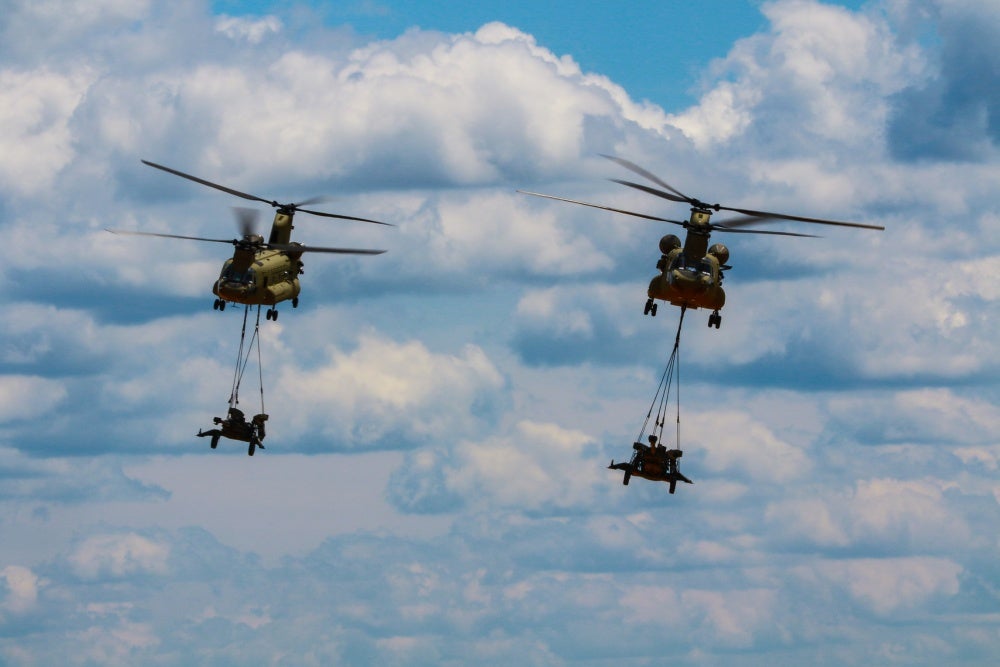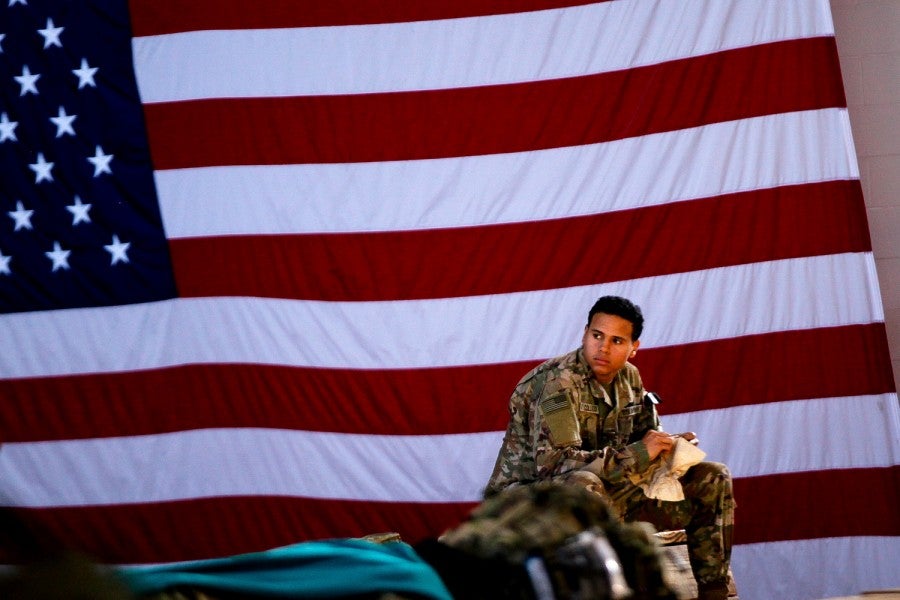US Airborne Troops Trapped in Kuwaiti Limbo
In late December 2019, tensions between the US and Iran escalated into a series of clashes between Shia militias and troops deployed in Iraq. With an attack on the US embassy in Baghdad, the Department of Defense decided to rapidly deploy the soldiers of the 1st Brigade Combat Team (1st BCT), 82nd Airborne Division to Kuwait. The rapid response force of 2,500 soldiers had to prevent a further escalation of conflict and react to any further threats posed by the militias or Iran directly. However, the danger of direct confrontation has passed, but the soldiers themselves have not yet returned to the United States. The outbreak of the Coronavirus pandemic means that hundreds of them are still trapped on the Arabian Peninsula.
The grave position the airborne troops now find themselves in stems from an Iran-backed Shia militia rocket strike which resulted in the death of an American contractor in Kirkuk, Iraq, on 27th December 2019. Four days later, on 31st December 2019, CENTCOM authorized the deployment of an infantry battalion from 82nd Airborne Division to Kuwait as an Immediate Response Force. The first 750 troops were deployed within days, followed by 3,000 troops from the famous 82nd Airborne.

As weeks have passed, however, tensions between Washington and Teheran abated. With the troops forward deployed to Kuwait no longer needed they were set to be redeployed back to the US – but CENTCOM hesitated. With the significant Coronavirus outbreak in the US the 1st BCT’s situation quickly became complicated. Around 800 men returned home in February, but the rest remain stranded.
It Isn’t Just the Pandemic
In a recent streamed conference Chairman of the Joint Chiefs of Staff Army Gen. Mark Milley noted the the situation was dependent on both the situation in the region and the current pandemic, noting that the Department of Defense “are monitoring — almost daily, actually — to determine exactly when to bring them home. The secretary is very keen on bringing them home, but it’s dependent on the overall security situation between Iraq and Iran.”
In late March an anonymous soldier, waiting in limbo in Kuwait, told Stars & Stripes, “we have to wait until next week to learn what CENTCOM wants to do with us,” With loved ones at home facing the difficulties and dangers posed by the Coronavirus quarantines he explained “my wife is trying to take care of our [infant] during the quarantine by herself, when we were originally told we would only be gone two months.” In the meantime the last elements of the 82nd’s 3rd Brigade Combat Team returned home from their deployment in Afghanistan and Maj. Gen. James J. Mingus admitted that they simply “do not know” when the troops in Kuwait will be redeployed home.
The 1st BCT’s situation is not the only issue that the CENTCOM has to deal with as US forces across Europe and Asia are also vulnerable to transmission outside of the bases, with some cases occurring in Italy and South Korea. With more cases recorded every single day in the US, there are rising concerns about units serving overseas and the Coronavirus pandemic is going to be one of the most serious tests of the capabilities of the US military’s medical staff in recent years.

